Affiliate links on Android Authority may earn us a commission. Learn more.
Apple’s Batterygate is great news for consumers
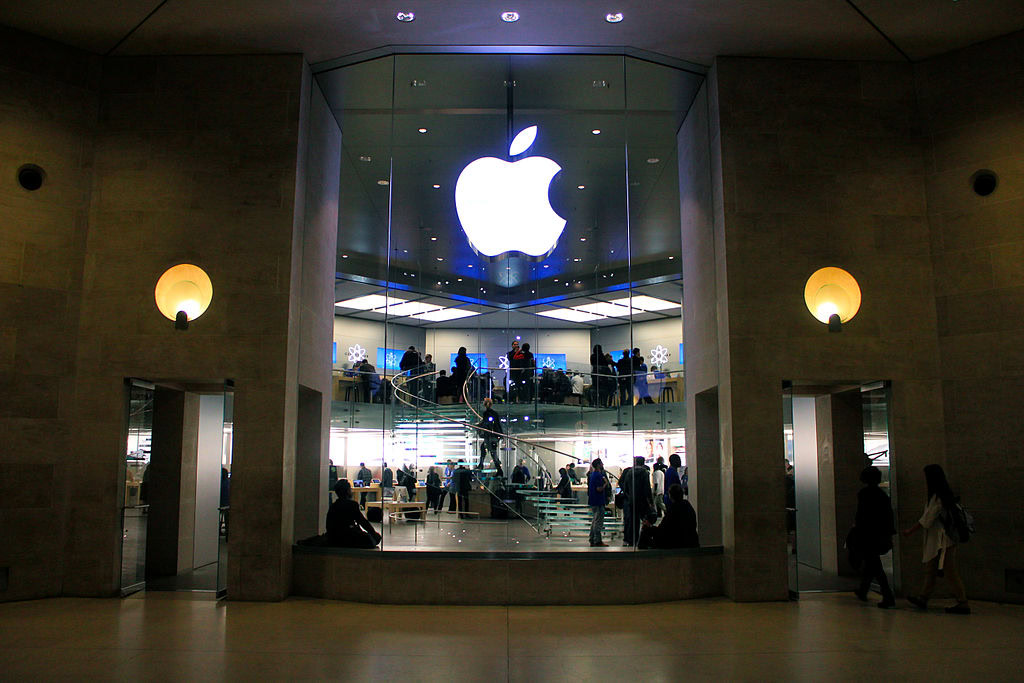
Over the years, people have anecdotally reported their iPhones feeling slower right around the time of a new one’s announcement. Up until December, the theory was written off as a collective delusion instigated by the Apple marketing machine dropping hints about the latest and greatest device. Only hardcore conspiracy theorists held on to the concept.
But then the unthinkable happened: after Reddit posted some actual data, Apple admitted that it does in fact slow down the CPU speeds of older iPhone models.
Apple’s statement on the matter was characteristically brief and direct at a mere two paragraphs. Yes, the company throttles older phones, but its intention is to prolong the usability of the lithium-ion batteries in older iPhones.
In other words, it purposely handicaps one-year-old devices for our own good.
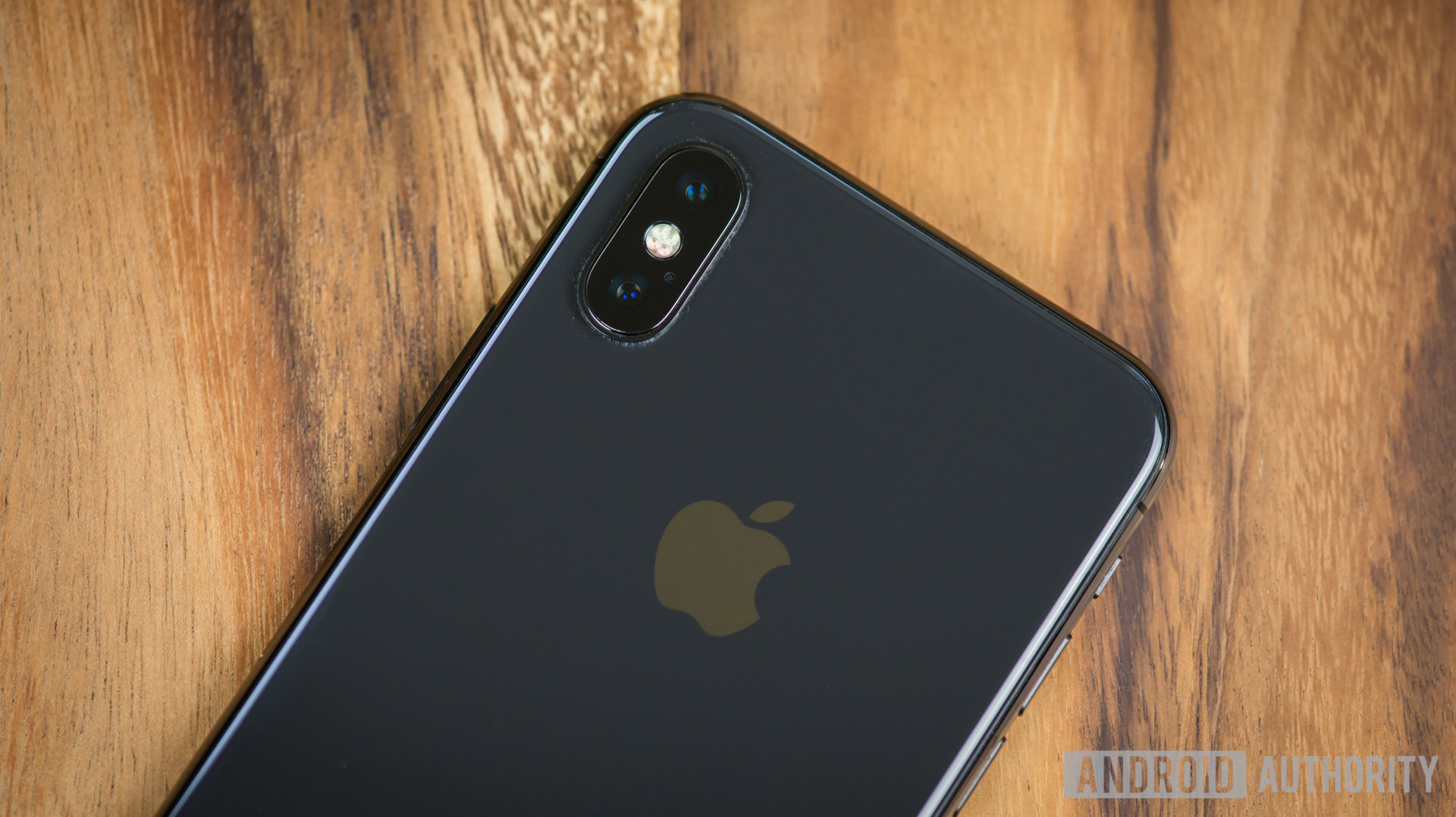
The internet wasn’t buying it. Detractors all over the web (but especially on Reddit) called it as they saw it: Apple is slowing down older models to frustrate users who will then go out and buy a new iPhone. It’s a subtle tweak of the built-to-fail business model. It’s shady, unethical, and possibly illegal. Even if that’s not the case, throttling a phone’s performance without notifying the user is incredibly anti-consumer.
In France, the response to this news was extreme. Apple throttling its iPhone CPUs violates a French “planned obsolescence” law, which will result in iPhones getting pulled from shelves. Discussions of class-action lawsuits have also started in the United States.
In response to this, Apple backpedaled. In a post on Apple.com on December 28, 2017, it explained in detail how the lifespan of a lithium-ion battery degrades over time and use, and slashed the price of an iPhone battery upgrade from $79 to $29. It also promised at some point in 2018 update iOS to give users more insight into their battery’s health and how it is affecting the system performance.
If there’s one thing you don’t see too often, it’s Apple admitting it messed up. This was one of those rare moments.
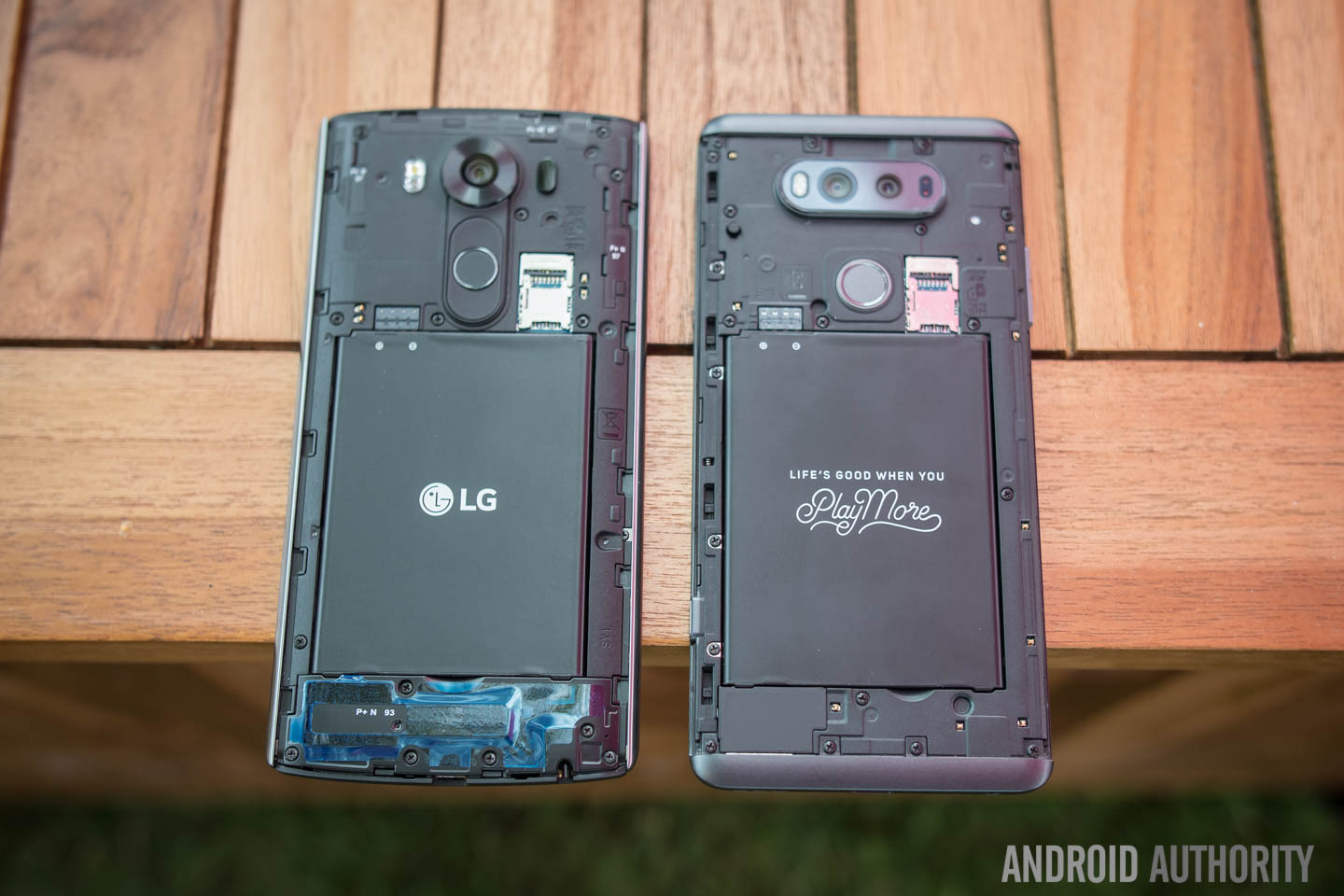
The whole fiasco is already being dubbed “Batterygate,” and could have a substantial impact on Apple’s business methods. But it also could have significant ramifications for the entire mobile industry, as it brings up an issue which has dogged smartphone owners for years: why can’t we update and repair the components of our devices?
While the iPhone has never had an easily removable back cover, there was a time when many Android devices could be easily opened up without any special tools. Users could replace a phone’s battery, swap out SD cards, or sometimes even conduct necessary repairs.
Why can’t we update and repair the components of our devices?
But trends in the world of smartphones have changed to where almost all major smartphones are now designed so accessing their innards is not easy. Not only do you need special tools, but in many cases there are glues involved that make the removal of parts extremely difficult.
The iPhone could be a major reason why smartphones are so hard to repair. Apple’s “walled garden” approach to all of its products means its very ethos is inherently incompatible with the idea of DIY repairs. If something goes wrong with an iPhone, it needs to be taken to Apple to fix. That was set in stone on Day One. And if Apple’s phones are designed to keep DIY fixers out, other smartphone manufacturers are eventually going to follow suit.
The more you use your phone, the slower and less efficient your battery will get.
The idea that Apple has now slashed the price of a basic repair and promised to give users more insight into how their smartphones work is a sea change. Other smartphone manufacturers are going to have to respond. That response could be to bring back at least a small degree of repairability.
Is the Samsung Galaxy S9 going to revive the removable battery? Probably not. But every smartphone manufacturer is watching Batterygate unfold and wondering how to react. After all, the inherent issues with lithium-ion technology that Apple describes in its latest press release are true for everyone, not just Apple. No matter how you use your phone, its battery will eventually get slower and less efficient.
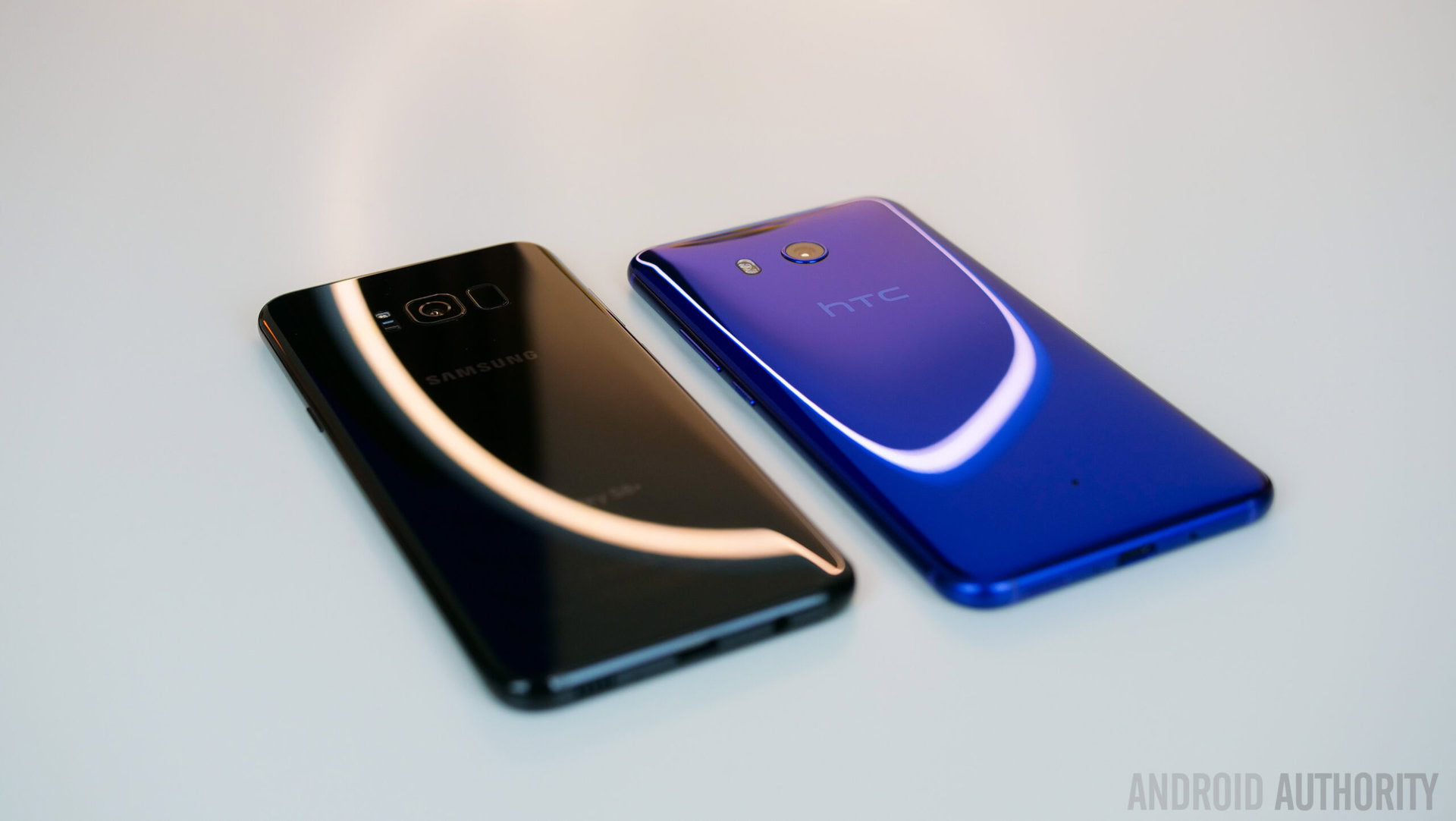
Before Apple backpedaled, HTC and Motorola both issued statements declaring they have never throttled the CPUs of their devices. Samsung and LG followed suit shortly after. It’s clear from the current backlash against Apple that no smartphone manufacturer should admit to any kind of throttling. If any company has been throttling phones, they’re most likely working overtime to figure out how to gracefully admit that to consumers.
Smartphone manufacturers may be shaking in their boots, but Batterygate is terrific news for iPhone users. Now that the (guaranteed) death of a lithium-ion battery results in an inexpensive replacement process, users will have more incentive to keep their phones for longer. That could be good for all smartphone users.
However, there is more to be done for consumers who want to update or repair their smartphone investments. For example, an iPhone user is still forced to go directly to Apple to fix their phones. While other establishments will repair iPhones, certain fixes will put a figurative “black mark” on your device when it comes to future Apple interactions. Up until February of 2017, getting your iPhone’s screen repaired from a third-party vendor completely voided its warranty.
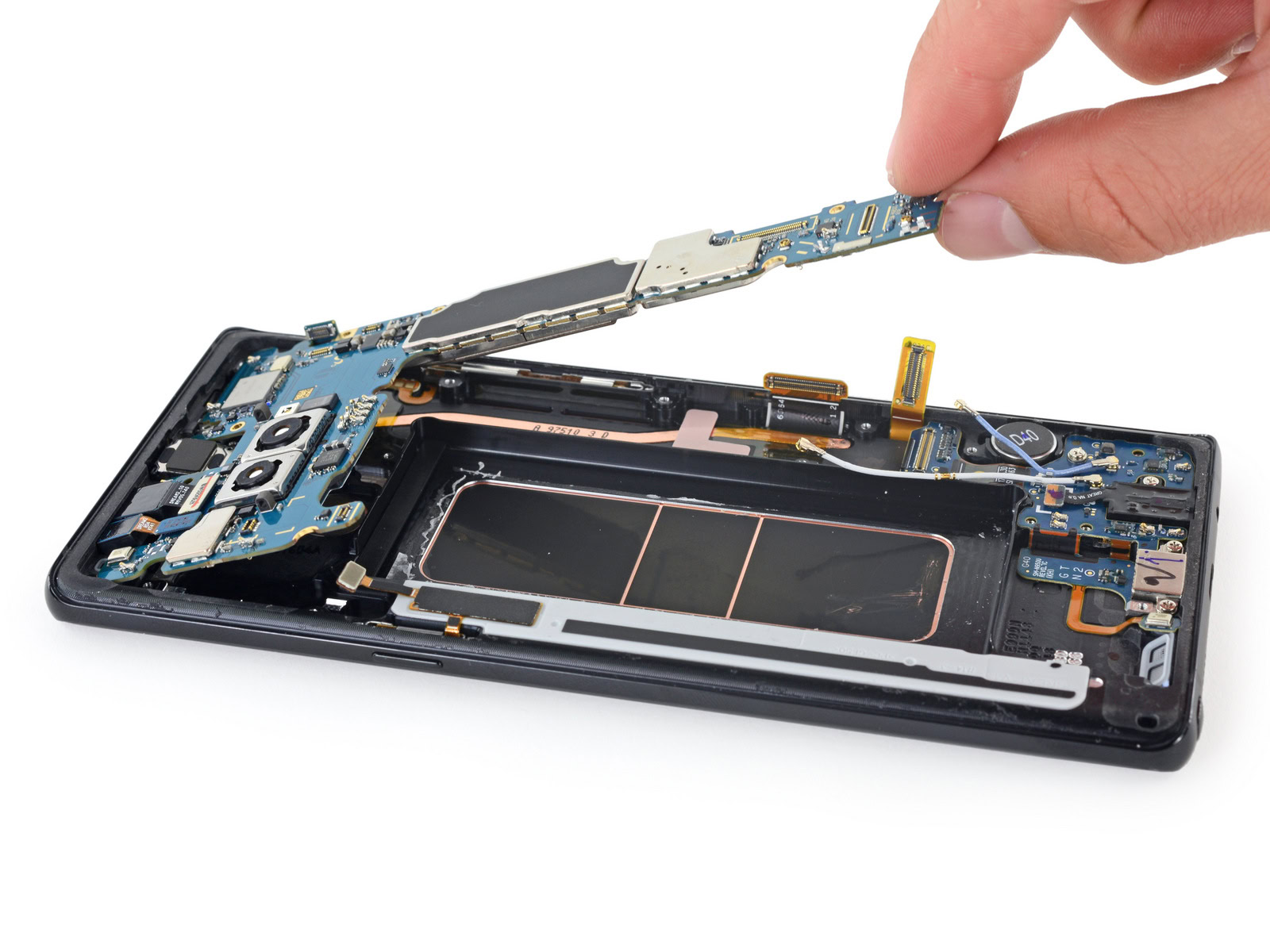
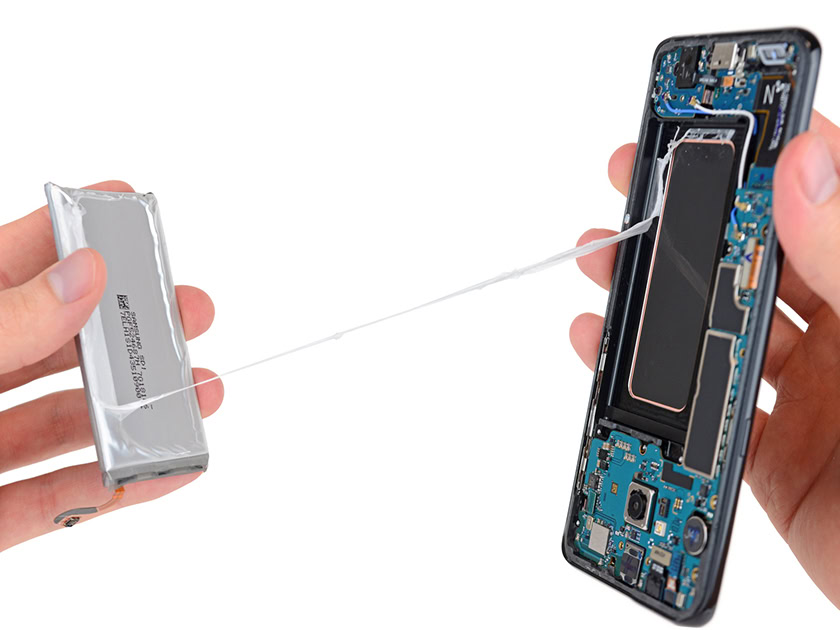
Apple doesn’t stop there. It also lobbies heavily against proposed right-to-repair laws. On paper, its reasoning is to prevent users conducting repairs from hurting themselves, but come on. Before December 28, Apple charged $80 to replace a $10 battery. It’s plain to see that the real reason it would fight right-to-repair laws is to help its bottom line.
What’s ironic is that Apple loves to play up the fact that it’s an environmentally conscious company. But what could be more anti-environment than pushing users to buy new phones rather than conduct minor repairs on the one they currently own? Every time a user replaces a phone, it creates more landfill waste from the packaging, shipping boxes, and the phone itself. A truly environmentally conscious company would be pushing users in the opposite direction, and encouraging them to repair their faulty device rather than tossing it out.
For Apple, this is a disaster. For other companies, this is an opportunity. And for consumers and the environment, this is a wake-up call.
Hopefully, Batterygate will get these conversations happening on a larger scale. A smart competitor would be concocting a responsive marketing campaign to Apple’s woes right now. Maybe LG could push out ads promoting its smartphones with removable and replaceable batteries, and emphasize their support for right-to-repair. Maybe Samsung could play up how its phones almost always come with multiple apps and settings tweaks, which give you complete control over your battery’s health.
For Apple this is a disaster. For other companies this is an opportunity. For consumers (and the environment) this is a wake-up call.